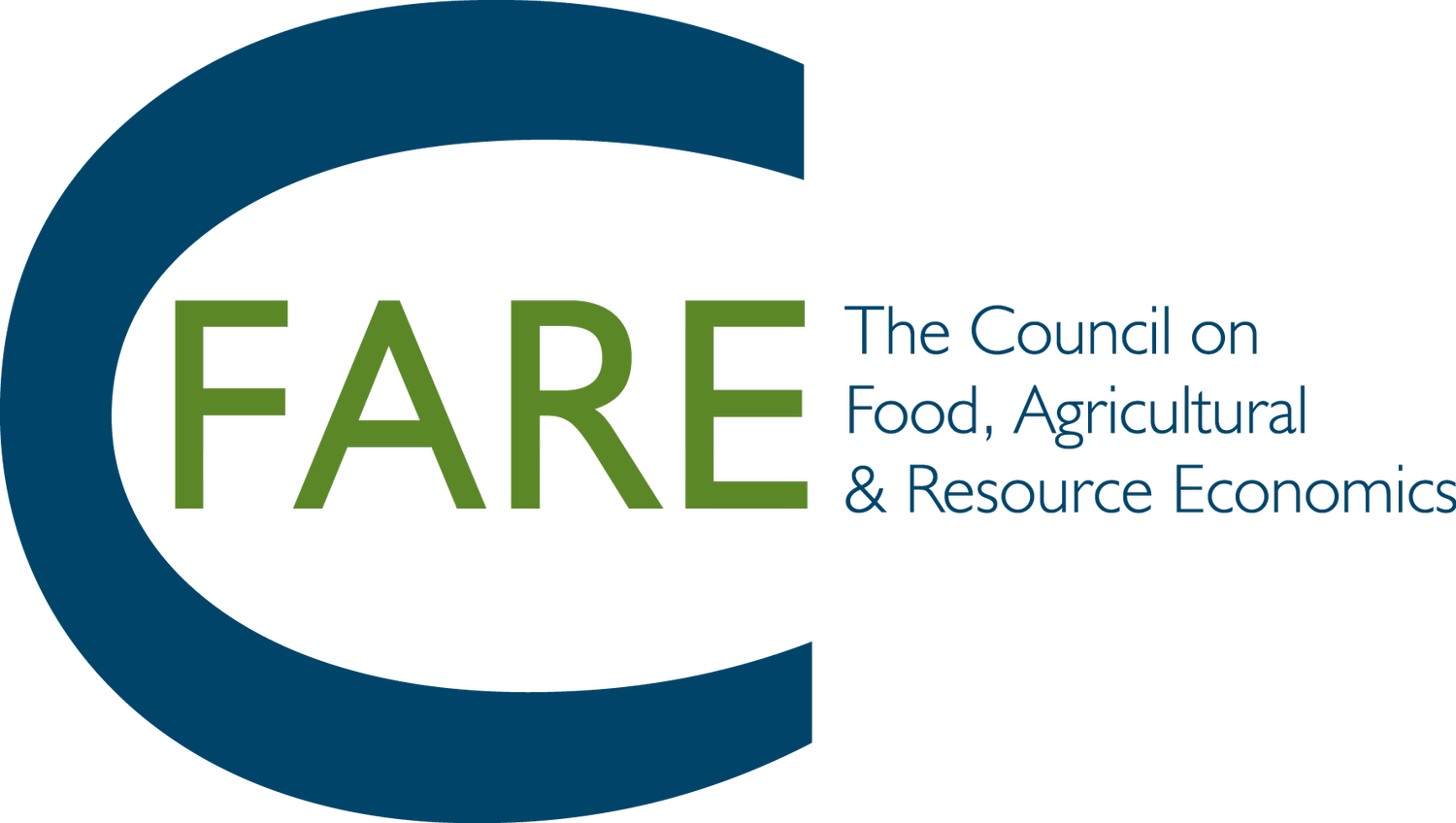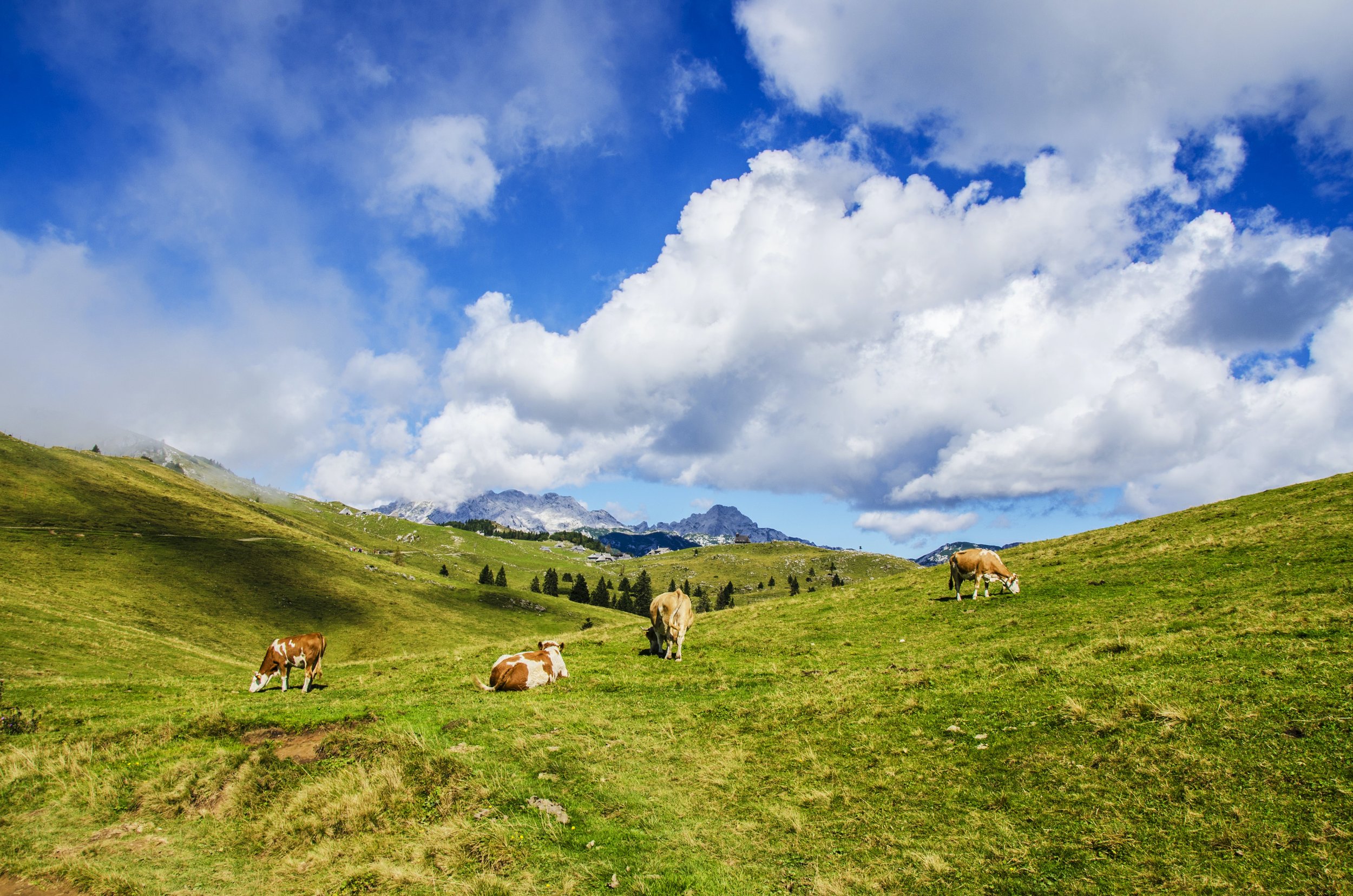The Implications of Natural Disasters on US Agriculture
Farmers, foresters, and ranchers are unfortunately familiar with the devastation and loss of life and property accompanying a natural disaster caused by an extreme weather event such as a hurricane, drought, or flooding.
Brandt Forum 2023: Opportunities and Challenges for US Agriculture and the Environment
While economists recommend using market incentives, there is the widespread use of regulation to achieve agricultural and environmental resource management objectives. This workshop explores new vantage points to explain this reality, emphasizing political economy, irreversibility, and supply chain perspectives.
Global Food Security: What Have We Learned?
The C-FARE webinar in January focused on global food security, which is a necessary first step towards many other goals of U.S. foreign policy, as well as our humanitarian and environmental objectives
The Economics of Natural Disasters
Climate change increases the probability and ferocity of these extreme events. Thus, a key element of public policy is developing mechanisms to enhance resilience and improve human welfare.
The 2021 Organic Survey: The Growth of Organic Production Continues
Organic production is a sustainable production system that does not involve the use of chemical fertilizers, pesticides, and other artificial agents.
The Complicated Nature of Today’s Inflation
The December C-FARE webinar focuses on the complexities of the inflationary period the U.S. is facing. Matthew MacLachlan, Michael Adjemian, and David Ortega will present an overview of their work on inflation as it relates to agriculture, food, and natural resources.
The Prevalence of Food Insecurity Across the U.S.
Food insecurity implies difficulty getting enough food at some time during the year. The causes are multifactorial and often include poverty, unemployment, low income, lack of affordable housing, chronic health conditions or lack of access to healthcare, and systemic racism and racial discrimination.
Pollution Mitigation Practices in Agriculture: Incentives, Practices, and Policies
Agriculture provides food for humans, fiber, and livelihoods for billions of people worldwide and is a critical resource for sustainable development in many regions. Regardless, agriculture also provides many ecosystem services and opportunities for climate change mitigation and removal of greenhouse gases (GHG).
Building the Capacity to Invest in Rural Prosperity through Cross-sector Collaboration
To effectively leverage their assets for long-term, shared prosperity, rural communities need a robust local capacity with solid connections at the regional, state, and federal levels.
The Post-Pandemic Inflation, Supply chain Disruptions, and Businesses
Regulatory measures should target supply bottlenecks directly, when possible, alleviating labor shortages and streamlining the flow of products.
A Market Update on Labeling of Bioengineered (BE) and Genetically Modified (GM) Foods in the United States
Here we are at the end of 2022, the first full year of mandatory labeling. Here are some updates.















